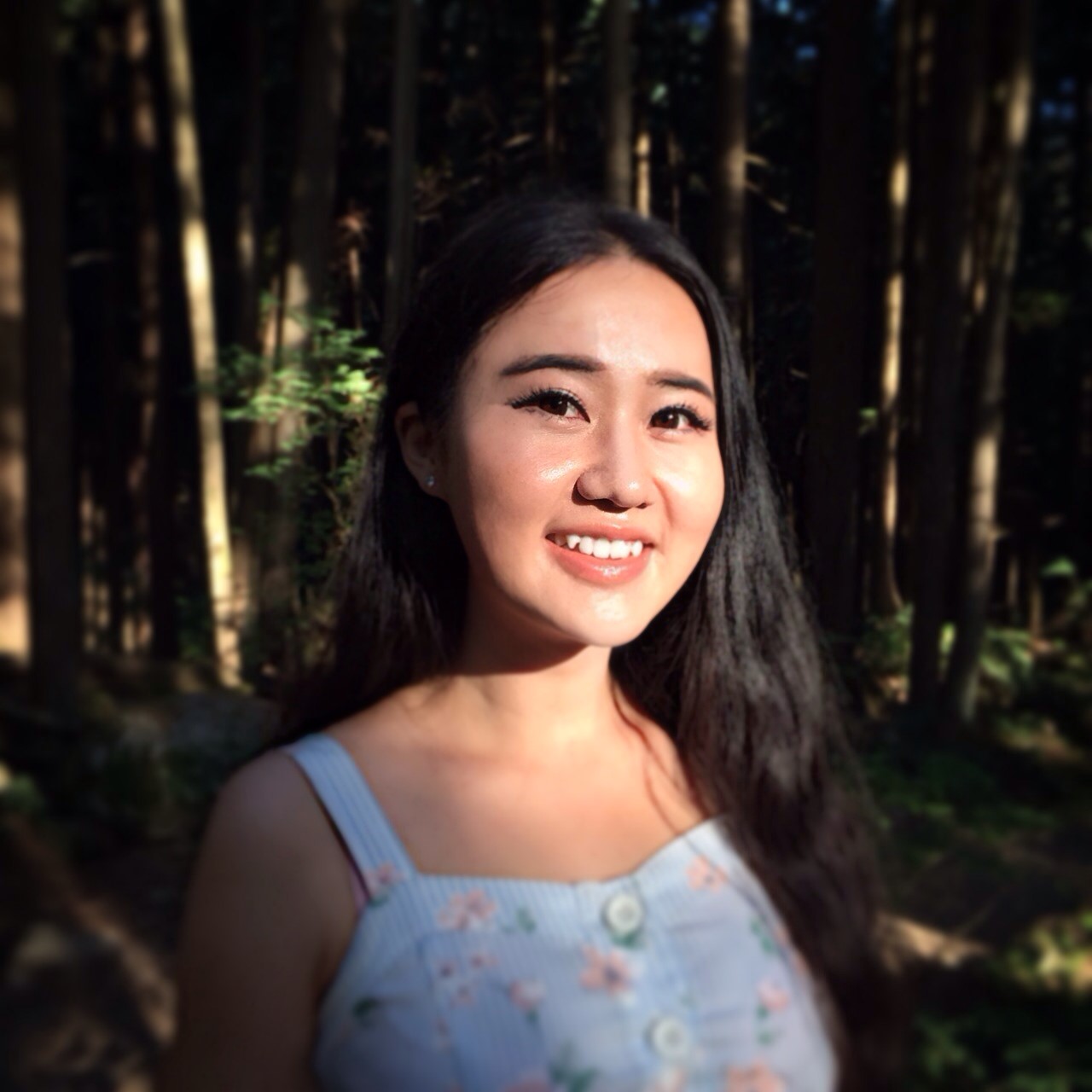When asked during a job interview to describe a time she navigated a team through a challenge, Amber Li ’22 had a good example at the ready, an interpersonal challenge drawn from her first semester as a Master of Professional Studies student in Information Science.
In Fall 2021, a teammate in the program’s hallmark course, MPS Project Practicum (INFO 5900), challenged Li’s qualification as the team’s project manager on a user-interface/user-experience project for an education tech startup. The teammate wanted someone more versed in information science, and UI/UX specifically, in the role. Li was admittedly fuzzy on UI/UX, but felt her past experience in project management qualified her to lead the team.
“I had to go out of my way to gain the teammate’s trust and to show them I was willing to learn and steer the team with my expertise of other fields,” she said.
Li Amber.jpg

“Because Information Science at Cornell is interdisciplinary, every student is challenged to think critically,” she said. “That critical-thinking ability solves problems in a consulting setting.”
Li’s tale from her job search underscores the relevance and real-world application of an MPS education in Information Science, where students are equipped with technical and professional skills to excel at leading technology companies.
With no core courses, the MPS program allows students like Li to tailor their studies to meet their career goals. She credits the program’s flexibility in allowing her to explore other courses outside of information science, like Management Consulting Essentials (NBA 5690), the Samuel Curtis Johnson Graduate School of Management course taught by Randy Allen ’68, senior lecturer and consultant in residence. The course ultimately guided her career path.
“Before that class, I didn’t really know what consulting entailed,” she said, noting her respect for Allen, who was one of the first female partners at Deloitte Consulting in the early 80s. “I look up to her and really think of her as my role model who motivated me to work hard in that class.”
Having completed her undergraduate studies in supply chain and logistics management at the University of British Columbia-Vancouver, Li opted for the Data Science focus area for her year-long MPS education. Upon first arriving at Cornell, she set realistic short-term goals to maximize her course studies. Li saw that tackling course work and a job search simultaneously in the first semester wasn’t feasible, so she set aside recruiting until the Spring semester.
“I was sort of a black sheep of our program cohort because I didn’t start looking for a job right away,” she said. “Everyone has their own pace, and I determined in that first semester of the MPS that I wouldn’t have the capacity for recruiting. Coming back from winter break, I started to prepare. Things worked out because I was able to use resources that were available to me.”
Resources like Rebecca Salk, professional development advisor in the Department of Information Science, who reviewed Li’s resumé and cover letter and reassured Li of her job readiness after a frustrating round of job interviews that failed to yield an offer. She also credits a mentor from the Cornell Consulting Club, where Li was a member, for guidance in helping land the McKinsey position.
With current and prospective MPS students in mind, Li encouraged students to branch out and get involved – join a club, make connections, take courses you wouldn’t otherwise take, and build relationships with professors.
“I didn’t come into Cornell thinking that I would land a consulting job after this. I considered many other options. I thought about going into project management at a hardware tech company. The most important thing is to not be afraid to branch out and to not stay in your comfort zone,” she said. “Because information science students have such flexibility, put the thought into what courses to choose. Don’t just think, ‘This course will be good for my GPA.’ The program is so short, so every opportunity to learn and interact with professors is super valuable.”
Connect with Amber Li on LinkedIn
Louis DiPietro is a science writer for the Cornell Ann S. Bowers College of Computing and Information Science


